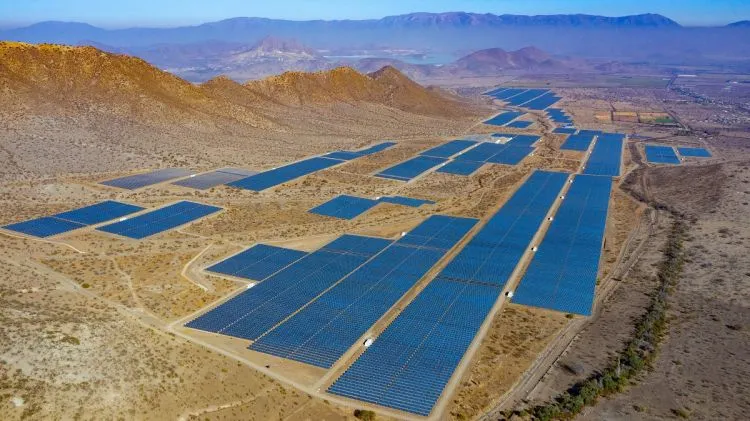Solar 'coming to be ubiquitous' in arising markets as tidy power financial investment from abroad reaches document high
- Getting capacity from solar projects in establishing economic climates got to 325GW in 2019, with China as well as India the greatest arising markets for tidy power financial investment, according to new findings from BloombergNEF (BNEF).

With three in ten emerging markets mounting more solar than ability from any other resource in 2019, the study company says the technology is "ending up being ubiquitous" as clean modern technologies became significantly cost-competitive compared to nonrenewable fuel sources.
In its Climatescope 2020 research study-- which encompasses 108 creating countries as well as 29 developed countries-- BNEF claims international direct investment on behalf of renewables in arising markets set a brand-new record at US$ 32 billion in 2019, up from a previous high of US$ 24 billion in 2018.
However, while solar investment was constant in developed countries in 2019, the technology saw the most affordable general quantity since 2014 in creating economic climates at US$ 48 billion. According to BNEF, this is partly a result of a 38% decline in solar financial investment in mainland China along with elements connecting to economies of range and development along the 'knowing contour'.
For the very first time, renewables represented most of the new ability included the 106 arising markets (excluding landmass China as well as India), the report says, while gas develop fell to its lowest level in these markets because 2014, with 17GW included.
" 2019 was a year of firsts, essentially, in good ways," stated BNEF's Luiza Demôro, Climatescope's lead author. "The rise of resources we saw flow into arising markets suggests that investors had actually become fairly comfy with the risks included with financing brand-new wind or solar there."
With 62GW of brand-new solar and also wind additions by mainland China as well as 14GW by India in 2019, both countries appear in the top five highest-scoring markets within the Climatescope ranking.
Nonetheless, Chile declared the number one spot thanks to its renewables policies as well as commitment to eliminating coal generation. The country has already fulfilled its 2025 clean energy mandate target of 20% of generation for energies. Inviting the findings, Chile's power priest Juan Carlos Jobet stated the country is currently functioning to convert the power market into "one of the essential pillars" of the nation's financial recuperation.
Chile is amongst the countries to have utilized auctions to build its renewable resource generating profile, a plan that BNEF says "usually prospers" among creating markets to add capability as well as bring in financial investment. Public auctions, present in 45% of the arising markets surveyed, have been "critical to renewables development worldwide and are currently one of the most successful clean energy policy for increasing investment in creating economies", the report says.
COVID-19 strikes funding in 2020
While the overview for renewable energy growth in developing economic situations was "extremely intense" at the end of 2019, the research keeps in mind that the results of COVID-19 have actually been acute in emerging economies as financing from abroad begins to slow down, with lots of capitalists looking for much safer opportunities closer to residence.
Despite tidy power investment appearing to weather the coronavirus storm much better than various other markets of the global economic situation up until now, investment numbers are claimed to expose a discrepancy in between wealthier as well as less established markets, suggesting arising economies could close 2020 with the steepest year-on-year decline ever before tape-recorded by BNEF.
However, thanks in part to the "massive strides" developing nations have made in the last decade in bring in tidy power funding as well as building unprecedented volumes of wind and solar capability, BNEF states the outlook "is not totally adverse". The research company asks for a sustainable recuperation from the pandemic by making the best feasible use of public financial resources to attract exclusive investment from both nationwide and international capitalists.
Also read

